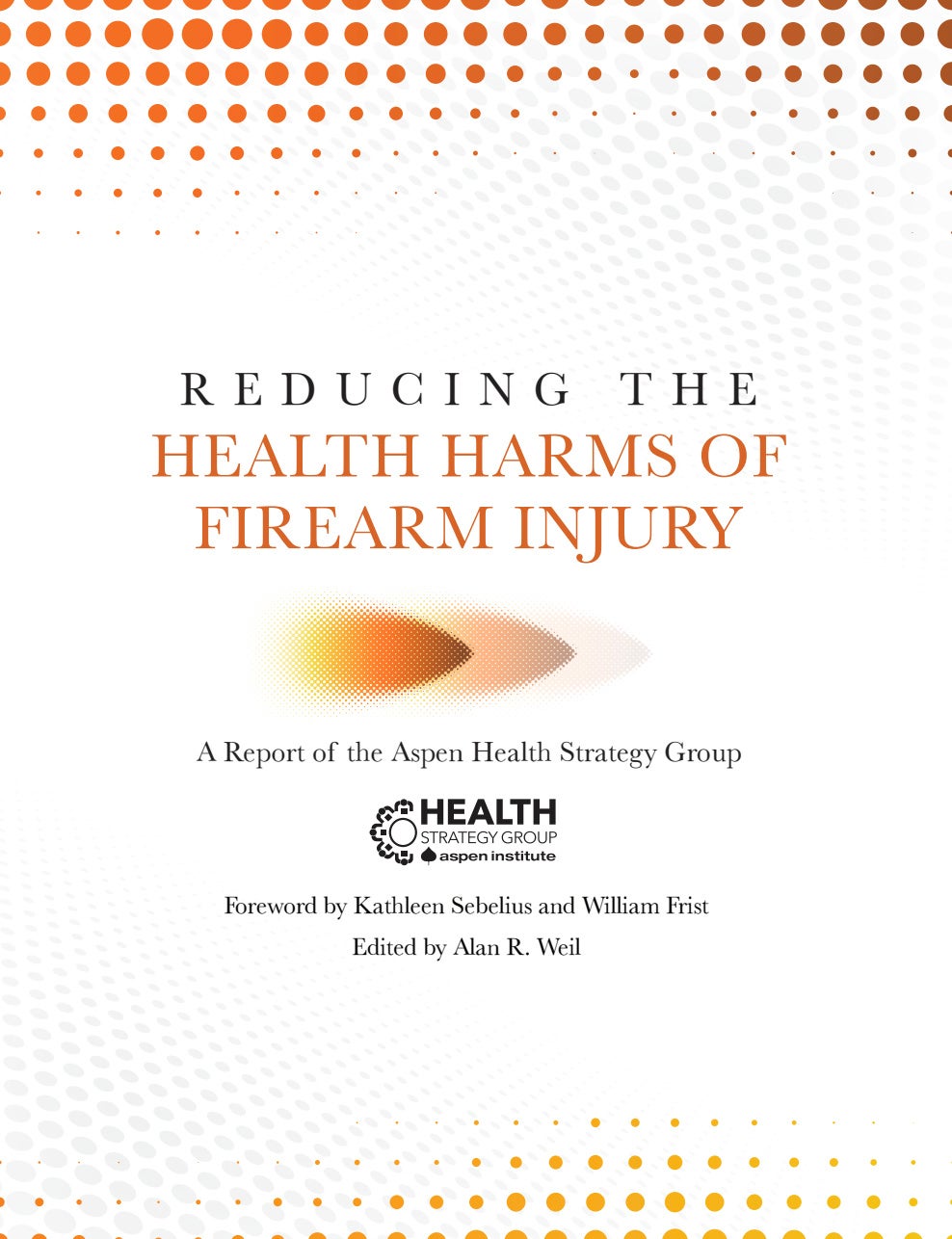Daniel Davis is a Professor of Immunology at the University of Manchester (UK) and Director of Research in the Manchester Collaborative Centre for Inflammation Research. His book, The Beautiful Cure, was a 2018 Book of the Year in The Times (UK), The Telegraph, and New Scientist. He will speak in the Aspen Ideas: Health 2019 program track, Inflamed!
As an immunology professor and inflammation researcher, you have developed groundbreaking techniques to visualize immune responses and better understand how immune cells communicate with each other. Which parts of your job continue to excite you the most?
One of the most important frontiers of scientific inquiry for the 21st Century is the human immune system. And from the knowledge we now have, countless opportunities for new medicines are emerging. It’s thrilling to be studying the immune system at this time as part of a community of thousands across the globe. My current research uses high-powered microscopes — called super-resolution microscopes — to study how immune cells interact with each other and how they detect signs of disease in other cells. We’ve been watching immune cells killing diseased cells, such as cancer cells. From this, we discovered a way that an immune cell can detach itself from one diseased cell that it has killed, and go and attack another diseased cell. Digging into the details — watching how immune cells move to attack one cell and then another — suggests new ways to make the immune system more efficient at killing cancer cells, for example.
Your latest book, The Beautiful Cure: The Revolution in Immunology and What It Means for Your Health, highlights the scientists who advanced the field of immunology by working outside mainstream scientific thought. What lessons can be learned from the stories of these individuals?
My book is about how the immune system works but on another level, it’s about how ideas develop and what it takes for someone to do something great. One scientist, Charles Janeway, managed to predict an aspect of how the immune system worked long before anybody else. I asked one of his closest colleagues, Ruslan Medzhitov at Yale, how he thought Janeway was able to do this. Many people have one big idea which they stick with throughout their entire career, he told me. But Janeway, like all creative people, had many ideas, and above all he was never afraid of being wrong.
It seems like the news and popular media are filled with stories about “boosting your immune system.” How much of this is far-fetched, and which parts are actually important for consumers to pay attention to?
In my book, The Beautiful Cure: The Revolution in Immunology and What It Means for Your Health, I tackle this in great detail. I explain the experiments scientists have done and their conclusions. I stop short at giving declarative advice because for the most part, the experiments aren’t bullet-proof and I feel my job as a scientist is to explain the evidence — to show what’s proven and what isn’t — so that people can make their own decisions. Plenty of experiments show stress has an effect on the immune system through changing the body’s cortisol levels. But there isn’t clear evidence that practices commonly considered to reduce stress, such as mindfulness or Tai Chi, will make you better at fighting off an infection. It’s difficult to carry out such definitive experiments. You can’t easily take a large of number people, have half of them adopt a stress-reduction exercise and then give everyone an infection to see how their bodies react.
How has the anti-vaccination movement affected the field of immunology?
Immunizations are incredibly important to our survival against infections and research has repeatedly demonstrated their safety. The reasons people are resistant to vaccines are complex and vary widely. I have friends who have told me about their fears of vaccines. There’s no simple answer here. Cultural and governmental leaders have an important role to play, and there is a vital need for increased public trust in health professionals and scientists. Immunologists feel an acute sense of responsibility to engage with everyone as widely as possible, to explain how vaccines work and what their record of success really is.
The views and opinions of the author are his own and do not necessarily reflect those of the Aspen Institute.

